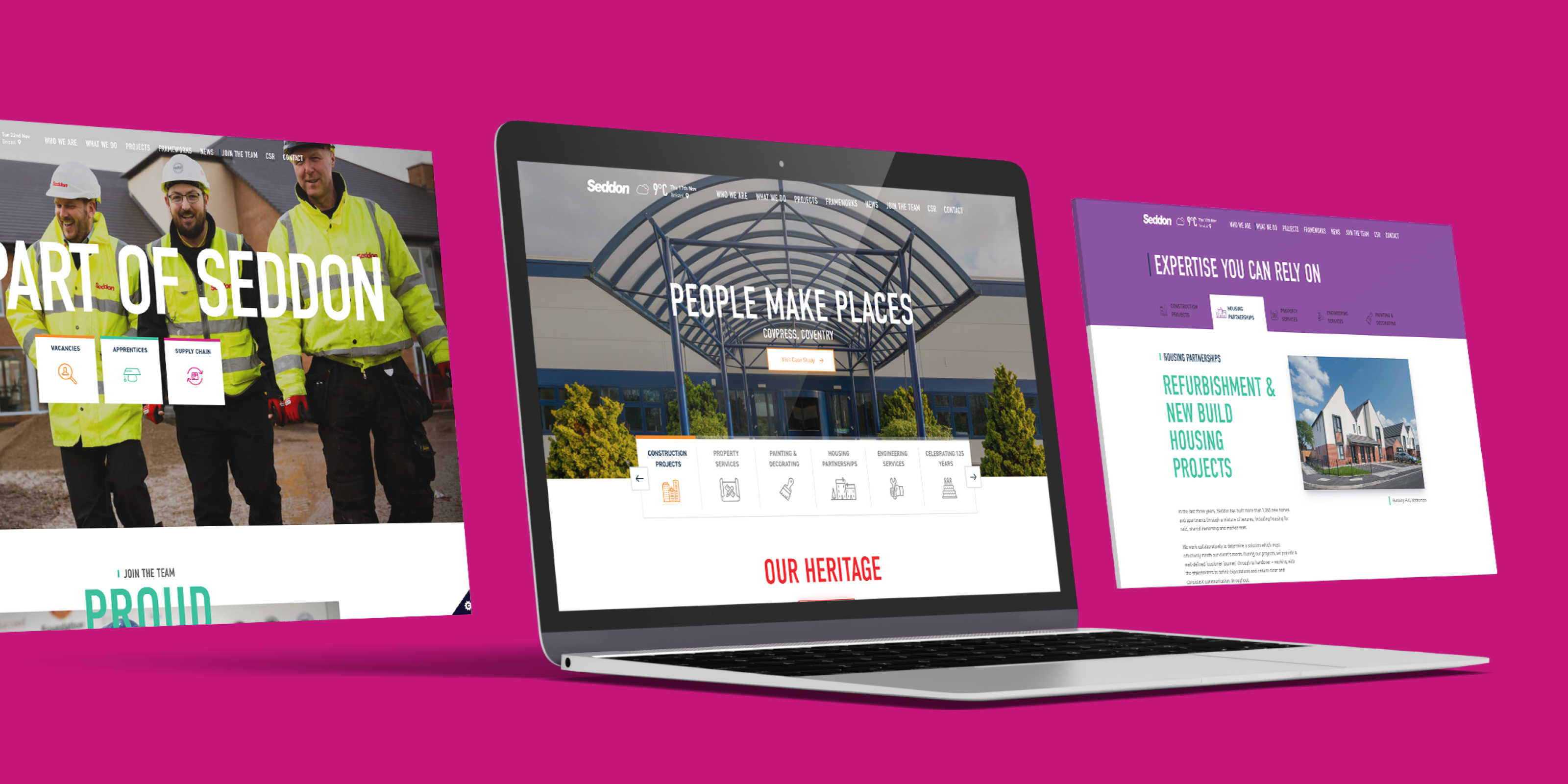
Our client, a major UK ambulance service, is one of the busiest ambulance services globally providing care to over 8 million people in the highly dense metropolitan area. As a critical component of the healthcare system, this service is responsible for delivering urgent care, patient transport, and emergency response 24/7. The organisation manages both 999 (emergency) and 111 (non-emergency) calls, alongside other critical health services, coordinating with hospitals and healthcare providers across the region.
With a workforce of over 8,000 professionals and volunteers, the ambulance service relies on robust technology infrastructure and reliable communication systems to enable frontline staff to deliver timely and effective care. The organisation's IT and digital systems play a crucial role in supporting emergency operations, managing patient records, and allocating resources. Maintaining these systems under tight budget constraints and increasing demand is essential for its ability to respond quickly and efficiently to emergencies.
Challenge
Our client engaged Mason Advisory to undertake a major technical modernisation project covering systems, network infrastructure, and a new hosting service. Our initial review highlighted issues in the existing infrastructure service wrap and broader service management processes that needed to be addressed as part of any modernisation effort. This included a significant change in the service management tooling requirements.
However, due to certain restrictions, our client was required to retain their existing service management system. This presented a number of challenges: the system was outdated, heavily customised, hosted under a complex virtual arrangement, and lacked a service agreement with the provider. As a result, the Service Desk team was burdened with managing most incidents and service requests, with the system being slow and difficult to use.
Following discussions with the tool supplier, we identified a migration path to a newer, cloud-based version. However, it also became clear that updated tool would not be sufficient to support all our client’s new requirements.
Solution
Mason Advisory took responsibility for specifying. planning, and transitioning the service management tool to a new instance, providing essential experience and core knowledge that our client needed manage the tool supplier, while minimising impact service desk operations.
Given that the existing tool instance was unsuitable for migration to a managed environment, we evaluated the current set up against the “out of the box” features of the updated tool. This covered over 80% of the existing functions, incorporating some configuration and additional collaboration with the supplier to find solutions for delivering all bespoke development functions of the current service.
In parallel, we simplified the volume of individual incident and request processes by consolidating them into two best practice ITIL processes, enabling greater automation through user data.
Addressing the immediate need for movable IT assets, we also developed a comprehensive Joiners, Movers, Leavers (JML) process, collaborating with HR and Finance for seamless integration.
Finally, we created a detailed migration plan for the service management tool, addressing technical migration, business continuity, and a communication strategy for the 8,000+ users of the service desk portal.
Outcome
Users immediately noticed a significant improvement in the performance and overall stability of the service management system, especially, for self-service logging of requests and incidents, with some resolutions included.
Within the Service Desk Team, there was a considerable uplift in the service delivery within agreed levels, as well as increased automation of various processes to manage user devices and software assets for joiners, movers, and leavers.
The shift from bespoke processes to new ITIL processes stabilised the entire Service Desk service, creating a foundation for future migration to a new solution. In the interim, the relationship with the incumbent supplier had significantly improved, enabling effective support and the potential for further system enhancement in the short to medium term.
If you would like to speak to one of our experts regarding this case study, email contact@masonadvisory.com.
Find out more about our Service Management capabilities.









